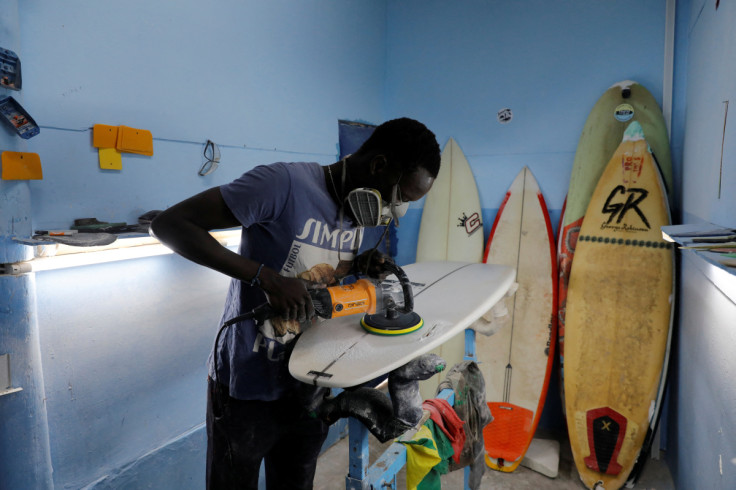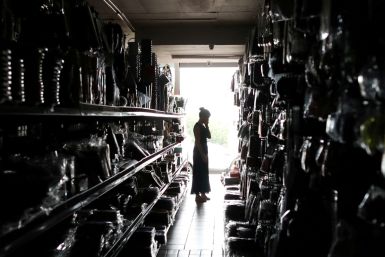Remove Red Tape For Easy Cross-Border Trade For African Entrepreneurs: Mashatile

Deputy President Paul Mashatile has urged for removal of red tape to facilitate easier cross-border trade for African entrepreneurs.
Red tape refers to several hurdles for entrepreneurs including complex paperwork and various regulations that individuals or businesses have to follow while dealing with government departments or agencies.
Speaking at the Global Entrepreneurship Congress (GEC+ Africa) at the Cape Town International Convention Centre on Wednesday, the deputy president explained how red tape makes an unfriendly environment, particularly in terms of intra-continental trade.
GEC+ Africa brings together entrepreneurs and leaders from over 50 African nations who are dedicated to promoting entrepreneurship within their own countries.
"Countries on our continent typically perform poorly in various categories related to corporate performance and competitiveness due to an unfriendly environment, particularly in terms of intra-continental trade," Mashatile said, SA News reported.
He pointed out that African businesses should take advantage of the African Continental Free Trade Area (AfCFTA) agreement that allows them to remove barriers while trading within Africa.
Mashatile explained that "the AfCFTA will significantly boost intra-African trade, particularly trade in value-added production and trade across all sectors of Africa's economy," adding that as policymakers "we have to create an enabling environment for our entrepreneurs."
The two-day event, hosted by the Department of Small Business Development, includes other international leaders who are part of the Global Entrepreneurship Network (GEN) movement, which advocates for entrepreneurship as a way to boost economies and improve human welfare.
Mashatile told the delegates that all leaders are required to ensure that the basic foundations of the digital economy are in place including digital infrastructure, digital skills, cybersecurity capabilities, and affordable and accessible data.
"We must ensure that by 2030, every individual, business, and government on the continent will be digitally enabled and ready to support a growing digital economy," he said. "We must do more to shift the narrative that Africa is a difficult place to do business."
The deputy president pointed out the importance of addressing the Small, Medium and Micro Enterprises (SMME) and start-up credit gap, saying that Africa has 18% of the world's population but attracts only 2% of global capital.
"In South Africa, Minister of Small Business Development Stella Ndabeni-Abrahams has proposed an SMME and Cooperative Funding Policy, which was recently gazetted for public comment," he announced.
The Deputy President believes it is crucial to retain skilled professionals within the continent's borders. South Africa was making inroads in reforming visa requirements, which allows high-tech expertise to work in the country and develop the economy.
South Africa, according to the Deputy President, should increase its competitiveness in higher-productivity trade-able commodities and services, while preparing for a digital and environmentally friendly future. He also called on farmers to adapt to current farming methods that increase production efficiency.
President Cyril Ramaphosa earlier this week expressed his willingness to expand the trade and investment opportunities between South Africa and Ghana.
© Copyright 2025 IBTimes ZA. All rights reserved.


















